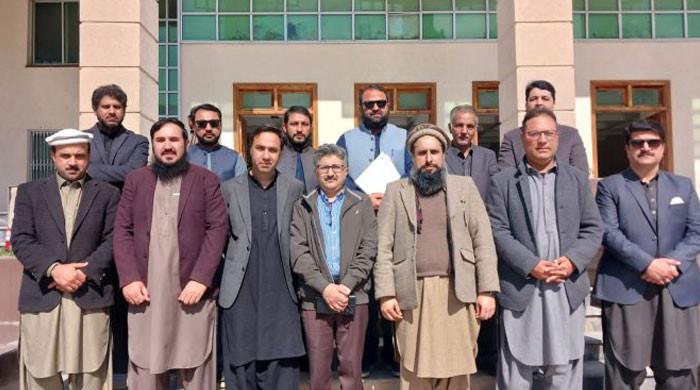Malakand: Malikuzbaia, an MPHIL scholar at the Department of Computer Science and the Faculty of IT, University of Malakand, has successfully defended research into the cybersecurity threats posed by artificial superintelligence (ASI) and innovate to combat these emerging risks The media said it would propose a solution. release.
Under the supervision of Dr. Shifer Ura Khan, Malik Zbear’s research is an unprecedented challenge ASI including existential risks, next-generation cyberattacks, regulatory voids, loss of human control, and ethical concerns. We will explore the challenges of His work sheds light on the urgent need for a strict governance model to prevent the unintended consequences that arise from unchecked advances in AI.
During his defense, scholars emphasized that existing cybersecurity frameworks are not equipped to handle ASI-driven threats. He argued that without aggressive measures, the world could face an era of unpredictable digital security crisis.
To address these vulnerabilities, Zubair proposed a set of strategic solutions. His recommendations include constrained optimization techniques to ensure AI system functionality within ethical parameters, human AI empowerment (HAIE) models to enhance human surveillance, and self-regulated AI environments. Includes Multi-agent Reinforcement Learning (MARL) for. Additionally, he advocated the implementation of kill switches, AI sandboxing techniques, and comprehensive ethical and regulatory frameworks to protect against ASI-related risks.
External examiner, Peshawar, Professor Muhammad Nawaz of Im Sciences, praised the research and described it as an important contribution to the ongoing global discourse on AI security. He pointed out that as artificial intelligence evolves rapidly, research like Zubair is essential to form a regulatory framework and ensuring that AI development is aligned with human interests.
With AI safety becoming an increasingly important concern around the world, Malik Zubair’s work exists as evidence of the role academia can play in preserving technical risks. His research serves as a guideline framework for policymakers and cybersecurity professionals striving to regulate AI before it exceeds human control.



